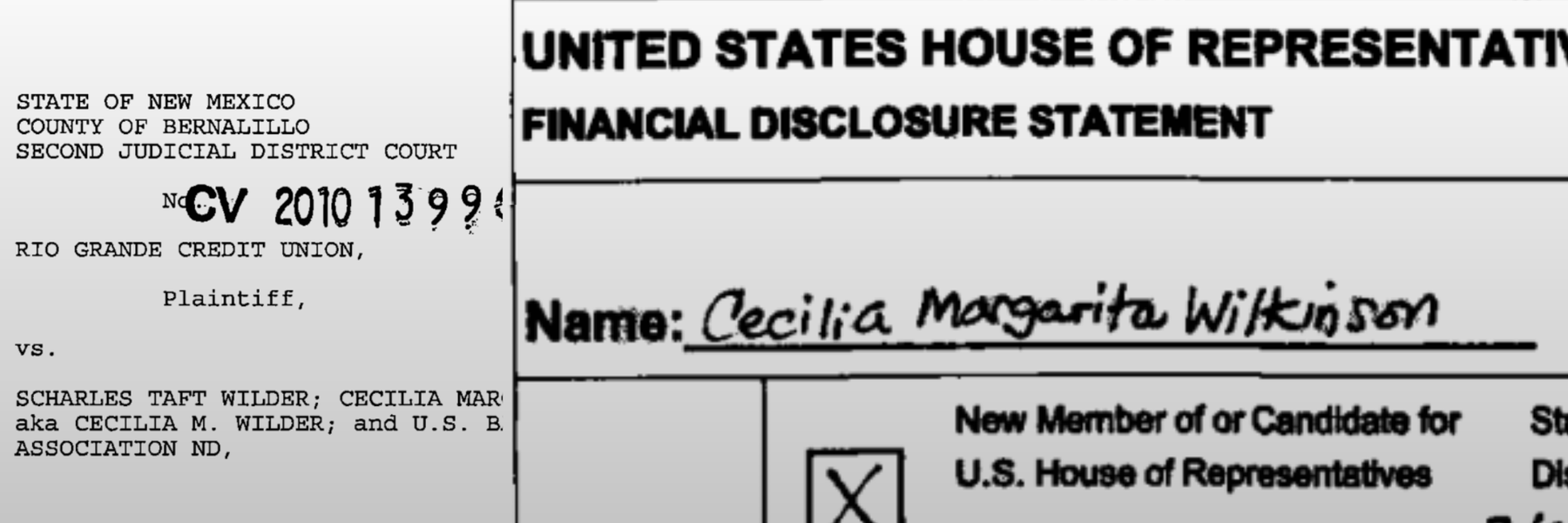In this week’s FOIA round-up, analysis shows that men still vastly outnumber women in Congressional nominations to service academies, the Chicago Tribune obtained documents revealing that Chicago Police Department has been compiling profiles on citizens who spoke at their monthly board meetings, and an Oregon judge’s recent ruling could have a disastrous impact on the state’s public records law.
See a great use of public records we missed? Send over your favorite FOIA stories via email, on Twitter, or on Facebook, and maybe we will include them in the next roundup. And if you’d like even more inspiration, read past roundups.
Male nominees by members of Congress to service academies outnumber women 3 to 1, documents show
While the percentage of female students nominated for admission to the U.S. service academies has increased, men are nominated nearly three times as often, according to a newly released analysis by the Connecticut Veterans Legal Center and the Veterans Legal Services Clinic at Yale Law School. The analysis was built off of data obtained through FOIA requests on nominations made by members of the current Congress.
Read the AP article here.
Chicago Police compiled profiles on every citizen who spoke at public Chicago Police Board meeting
Through an Illinois Freedom of Information Act request, The Chicago Tribune obtained records that show the Chicago Police Department performed extensive background checks on nearly 60 people scheduled to speak at their monthly board meetings since at least January 2018.
After this came to light, the board changed its policy to allow speakers to sign up up to 15 minutes before a monthly meeting.
Read the full story from the Chicago Tribune here.
Oregon judge rules that records of city councilors, mayors, sheriffs not necessarily subject to the state’s public records law
An Oregon judge ruled last week that records that local government officials in the state create in the course of their government work are not public records and do not have to be disclosed unless they are “owned, used or retained” by a wider public body such as a city council or school district.
In his letter of opinion, Judge Henry C. Breithaupt argued that when legislators defined who is subject to the Oregon Public Records Law in 1970 they included individual state officials. However, as Breithaupt interprets it, OPRL excludes records held by local government officials and only applies to records kept by local government entities such as agencies, commissions, councils, and the like.
Read more on Oregon Live here.
FOIA job openings
The Justice Department’s Office of Information Policy is hiring a new Director. Read more details, and apply here.
Read a great FOIA-based news story we should highlight? Let us know and maybe we can include it in our next roundup! Send it over via email, on Twitter, or on Facebook.
Image via Wikimedia Commons




